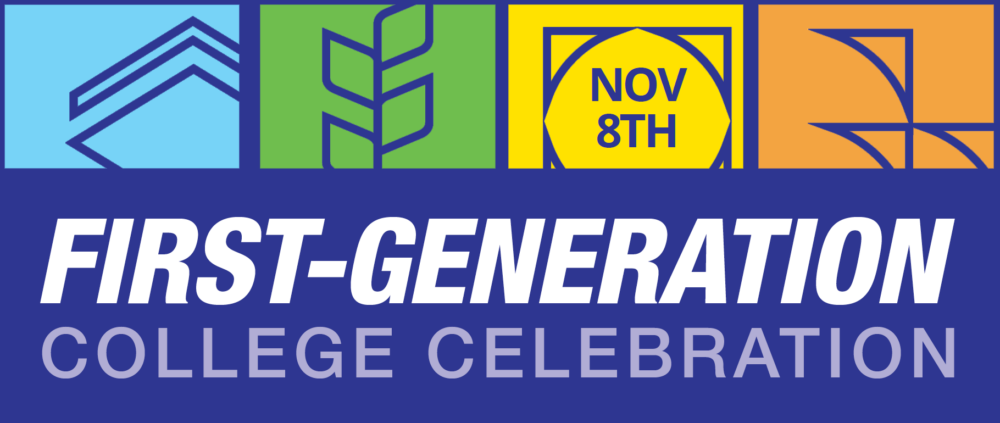First-Generation College Student Day

On November 8th, colleges and universities around the United States will celebrate National First-Generation College Student Day. This annual celebration is held on this day to honor the anniversary of the signing of the Higher Education Act of 1965.
At Rockland Community College (RCC) we are excited to honor our first-generation students, faculty, and staff at our second First-Generation College Student Day Celebration. At RCC, a first-generation college student is someone whose parents have not earned a baccalaureate degree.
We are pleased to share this year’s programming below. It is through these types of programming, we learn about the first-generation experiences, how we can bring awareness to the needs of this population and help to grow a support system.
First-Generation Day: A Celebration and Resource Fair
November 6, 12 – 1:30 pm
Nelson Mandela Room (Student Union, Room 3214)
We understand that success in college is not just about your academic performance but also about finding the right support network. Whether you need academic guidance, personal financial assistance, career advice, or simply a friendly face to talk to, we’ve got you covered! November 6th is all about providing you with the support you need to make the most of your college experience.
Enjoy delicious snacks to keep you energized throughout the day, plus you’ll have the chance to win amazing prizes! You won’t want to miss out on this exciting opportunity.
Professional Development Opportunities
Faculty and staff are encouraged to access the following on-demand professional development opportunities, centered around supporting first-generation college students, through a single sign-on (SSO) feature on the Go2Knowledge platform.
First-Year Transition Issues: How Advisors Can Positively Impact A Student’s First Term
Overview
Check out Innovative Educators’ discussion of evidence-based best practices academic advisors can immediately use to equip high school students to negotiate the challenges they will encounter as soon as they arrive on campus. Although everything discussed is theory-based, the primary focus of the discussion is applications-oriented. Examples will show how the strategies explained can be effectively implemented in a diverse range of settings.
Objectives
- Identify common challenges that new students face when enrolling in college with an emphasis on financial aid, online coursework, and expected workload.
- Determine key obstacles that different student populations (traditional, non-traditional, international, etc.) face that can deter their academic progress. For example, a first-time student taking all online classes, a non-traditional student having to take remedial/developmental coursework, etc.
- Demonstrate best practices on how to set clear expectations when addressing challenges to the enrollment and matriculation processes.
- Explain how academic advisors can work with other professionals across campus to maximize the potential for success for new students.
- Discuss the specific interventions and modifications that can help these students succeed in the total college experience.
- Demonstrate evidence-based best practices for providing additional services (remedial and/or developmental) to students who could benefit from this kind of supplemental support.
- Critique real-life case studies of college students who overcame the challenges they faced upon entering college (with the help of appropriate interventions from academic advisors).
Helping Students Move From Shallow To Deep Learning: Practical Strategies For Success
Overview
Check out Innovative Educators’ enlightening webinar where they explore practical deep-learning strategies that can be integrated into your teaching to enhance student learning. This session is designed to be interactive, providing the tools to help your students transition from passive studying to active learning. Learn how to empower your students with the skills they need to excel academically and beyond.
Objectives
- Describe the learning process.
- Discuss the reasons why shallow learning strategies such as cramming do not work.
- Identify deep learning strategies that will help students transform their learning.
- Determine ways to incorporate deep learning strategies

To recognize the importance and scale of the national celebration of First Generation College Student Day and establish a logo representative of the diverse celebrations held each year, the Council for Opportunity in Education and the Center for First-generation Student Success commissioned a redesign of the event logo.
The new logo features four elements – Celebration, Broad Perspectives, Growth, and New Heights – which capture the First-Generation College Celebration experience for first-generation college students, graduates, allies, and advocates.
- Celebration depicts a graduation cap being tossed upward, which connects to the elevation of first-generation college students and their communities.
- Growth expresses development and fluidity by evoking the color and form of a series of stems with leaves. This icon harnesses the evolution of personal and professional advancement and highlights the lifelong presence of the first-gen identity in a person’s experience.
- Broad Perspectives depicts a round window or globe, which is symbolic of the diverse and intersectional first-generation college student and graduate identities.
- New Heights portrays a staircase, which connects to mobility and workforce entry, and also ties to the abiding nature of the first-generation college student and graduate identity.
Co-sponsored by the Office of Diversity, Equity & Inclusion, ASAP, EOP, and TRiO
